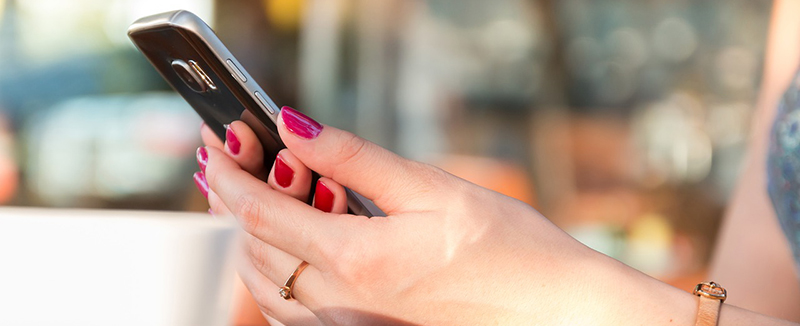Hawaii Nonprofit Offers Free Cellphones for Sex Education
Program Helps Educate Homeless Youth
In a new push to keep homeless teens from ending up pregnant, Waikiki Health is handing out cell phones to young women who agree to take a sex education course. The program is aimed at girls between the ages of 14 and 22 who are living on the street.Statistics shows that 50 percent of homeless youth reported getting pregnant. In Hawaii, 30 percent have had a baby. The program Wahine Talk teaches young women how to prevent pregnancy. After taking the course, they get a free cell phone and a peer mentor. The girls are also asked to make a decision whether or not they want birth control.
State Rep. Bob McDermott is critical of the program. "The best intended ideas can sometimes blow up in our faces," said McDermott. He believes the focus should be getting these young girls off the street rather than giving this vulnerable population contraceptives. "Say they're being trafficked. Now we just gave them long-term birth control and a cell phone so their pimp can get ahold of them. This is crazy," said McDermott. "Let's get them into foster care or reunite them with their parents if it's not an abusive situation."
Wahine Talk is funded through a federal grant. Since its launch in 2016, 46 youth have enrolled at a cost of about $5,000 each. Statistics from the first year of the program show 55 percent chose to begin the Depo-Provera shot, which is administered once every three months. Another 35 percent decided to get either an implant or an IUD. That method of birth control prevents pregnancy up to five years. The other 10 percent chose the pill, condoms, or nothing at all. To date only one of the girls has gotten pregnant.
Article and Video Source: Hawaii News Now
Image Source: Pixabay
